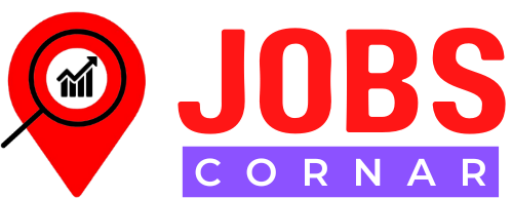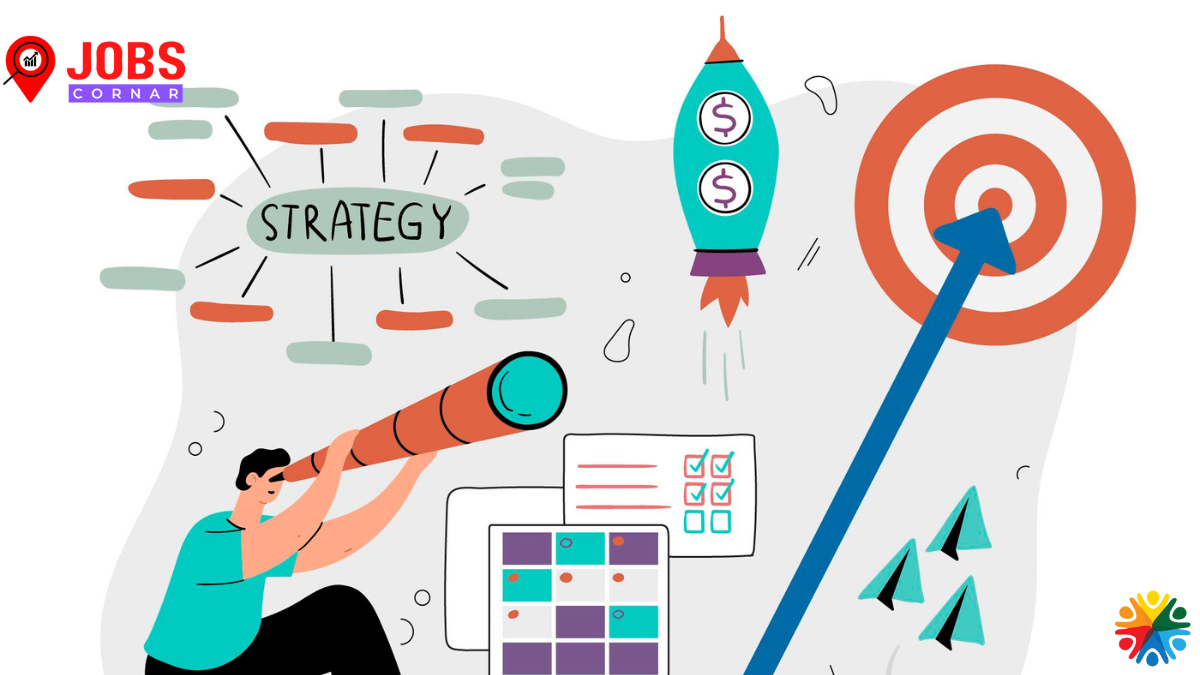Discover the top 10 proven strategies for advancing your career. Explore actionable tips and expert insights to boost your professional journey.
Introduction
Advancing your career is a pursuit that many professionals aspire to. Whether you are just starting or have been in the workforce for a while, there are strategies that can help you climb the ladder of success. In this comprehensive guide, we will explore 10 proven strategies for advancing your career. These strategies, backed by expertise and real-world experience, will provide you with the guidance you need to excel in your professional journey.
Leveraging Your Skills and Talents
Recognize Your Strengths
To advance your career, you must first recognize your strengths. Self-awareness is key to identifying where you excel. Take a moment to assess your skills, talents, and areas of expertise. Understanding your strengths will allow you to focus on areas where you can truly shine.
Continuous Learning
Never stop learning. In today’s rapidly evolving job market, staying updated with the latest trends and technologies is crucial. Consider taking courses, attending workshops, or pursuing further education to enhance your skillset.
Networking and Building Relationships
Cultivate a Professional Network
Building a strong professional network can open doors to new opportunities. Attend industry events, connect with colleagues on LinkedIn, and actively engage in networking groups relevant to your field.
Mentorship
Seek out mentors who can provide guidance and insights. Learning from experienced professionals can accelerate your career growth. Don’t hesitate to reach out to potential mentors and ask for their guidance.
Setting Clear Goals
Goal Setting
Set clear, achievable career goals. Define where you want to be in the short term and long term. Having a roadmap will keep you motivated and focused on your career advancement.
Action Plans
Create action plans to achieve your goals. Break them down into smaller, manageable steps. This will make your career advancement journey less daunting and more achievable.
Effective Communication
Communication Skills
Strong communication skills are a must in any career. Work on improving your ability to convey ideas, listen actively, and collaborate effectively with colleagues.
Public Speaking
Consider improving your public speaking skills. Being able to present your ideas confidently can set you apart in meetings and presentations.
Embracing Challenges
Step out of Your Comfort Zone
Growth often happens outside your comfort zone. Don’t shy away from challenging projects and assignments. Embrace them as opportunities to learn and prove your capabilities.
Resilience
Develop resilience to handle setbacks and failures. It’s natural to face obstacles in your career, but how you bounce back from them can define your success.
Personal Branding
Online Presence
Must build a strong online presence that showcases your expertise. Maintain an up-to-date LinkedIn profile and consider creating a professional blog or website to share your insights.
Professional Image
Pay attention to your professional image. Dress appropriately for your industry, and ensure your behavior aligns with your personal brand.
Taking Initiative
Proactive Approach
Don’t wait for opportunities to come to you. Take the initiative to propose new ideas, suggest improvements, and volunteer for challenging projects.
Leadership Skills
If you’re not in a formal leadership role must develop leadership skills. Being a leader in your own right can set you on the path to career advancement.
Work-Life Balance
Prioritize Well-Being
Maintaining a healthy work-life balance is important for long-term career success. Avoid burnout by setting boundaries and making time for relaxation and self-care.
Time Management
Master time management to maximize productivity. Efficiently managing your time can lead to better results in your career.
Adapting to Change
Flexibility
Be adaptable in the face of change. Industries evolve, and so should your skills and strategies. Embrace change as an opportunity for growth.
Problem-Solving
Develop strong problem-solving skills. Being able to find solutions to complex challenges will make you an invaluable asset to your organization.
FAQs
Q: How can I identify my strengths for career advancement? A: Start by reflecting on your skills, interests, and achievements. You can also seek feedback from colleagues and mentors to gain insights into your strengths.
Q: Is it necessary to have a formal mentor for career advancement? A: While a formal mentor can be beneficial, mentorship can also be informal. You can learn from colleagues, supervisors, or industry experts without a structured mentorship program.
Q: What is the importance of setting clear career goals? A: Clear goals provide direction and motivation. They help you stay focused on what you want to achieve in your career and create a sense of purpose.
Q: How can I build an online presence for personal branding? A: Start by optimizing your LinkedIn profile with your achievements and expertise. Consider creating content in your field of expertise to share with your network.
Q: What should I do if I face setbacks in my career? A: Resilience is key. Take setbacks as learning experiences, adapt, and keep moving forward. Seek support from mentors or colleagues.
Q: How can I improve my time management? A: Prioritize tasks, set deadlines, and use productivity tools to manage your time efficiently. Review and adjust your schedule to optimize productivity regularly.
Conclusion
Advancing your career requires a combination of self-awareness, skills development, and strategic planning. By following these 10 proven strategies, you can enhance your career prospects, achieve your professional goals, and reach new heights in your chosen field. Remember, success is a journey, and with determination and the right strategies, you can make significant strides in your career.





